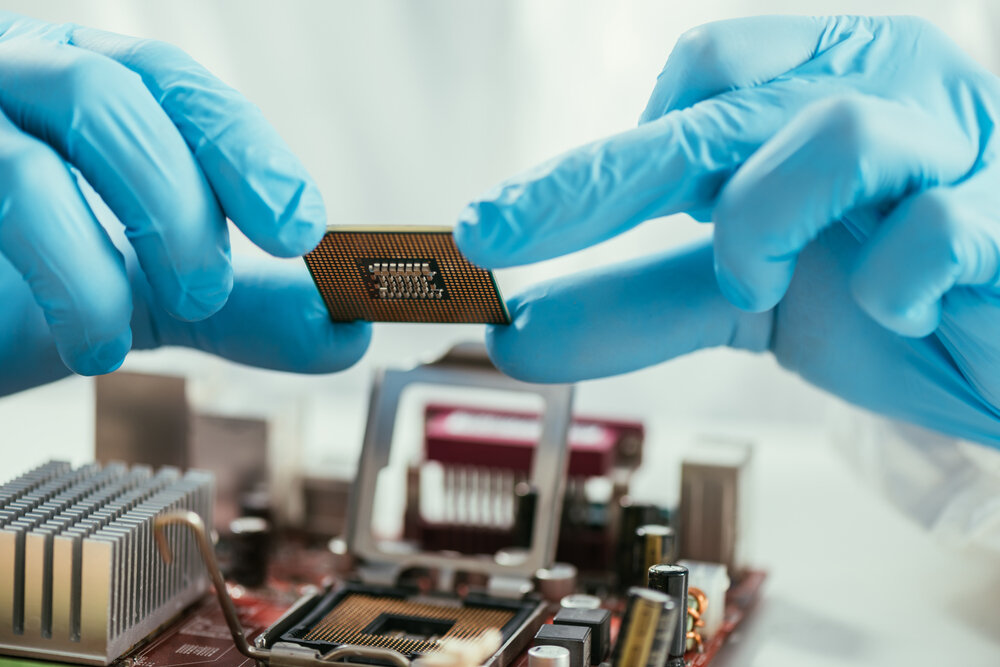Rapid diagnostic device detects heart failure from saliva

An international research team with ICMAB and IMB-CNM involvement has developed a rapid diagnostic device for the detection of heart failure through saliva samples. It is a quick, low-cost and portable instrument based on nanotechnology to use as a Point-of-Care system to detect the disease, the main cause of mortality in Europe up until 2019.
The device acts as a portable laboratory able to separate and detect biomarkers in the saliva. It is made of microelectronic systems, integrated sensors, biochemicals and magnetic nanoparticles. It is the result of the European project KardiaTool, now with published results in Analytica Chimica Acta ("A silicon nitride ISFET based immunosensor for tumor necrosis factor-alpha detection in saliva. A promising tool for heart failure monitoring"), Chemosensors ("Development of an ImmunoFET for Analysis of Tumour Necrosis Factor-α in Artificial Saliva: Application for Heart Failure Monitoring"), and Molecules ("Magnetic Nanoparticles Fishing for Biomarkers in Artificial Saliva").
The system contains a microelectronic biosensor based on silicon nitride manufactured in the Clean Room of the Institute of Microelectronics of Barcelona (IMB-CNM, CSIC), the ImmunoFET. It contains an ion selective field effect transistor (ISFET) and is capable of detecting tumor necrosis factor-α (TNF-α), one of the biomarkers that indicates heart failure, in saliva. The team has experimented with artificial and human saliva, demonstrating a high sensitivity to the concentration of TNF-α.
“The biosensor devices are integrated in a lab-on-chip that will allow performing a complete immunoassay for the measurement of the biomarker concentrations”, explains Joan Bausells, PI of the IMB-CNM contribution to the project and NANONEMS group leader. “The use of ISFET devices for the biosensors takes advantage of the intrinsic electronic amplification properties of the transistor to increase the sensitivity,” adds the researcher.
The contribution of the Institute of Materials Science of Barcelona (ICMAB, CSIC) is in the synthesis of the magnetic nanoparticles used in the device: “Since the concentration of the biomarkers in saliva is smaller than in blood, we need to do a pre-concentration. To this end, we use magnetic nanoparticles functionalized with the adequate antibodies, synthesized at ICMAB, that can capture these biomarkers”, says Francesc Teixidor, ICMAB researcher and LMII group leader. “These nanoparticles had to be stable enough to not precipitate and to circulate along the microfluidic channels, a big challenge to overcome!” adds the researcher.
Heart failure is the main cause of mortality in Western societies
Ischemic heart disease is the main cause of mortality in the world, according to data of the World Health Organization. Since 2000, heart failure is also a rising disease: data shows that it accounted for 2 million of the global deaths back then, rising up to almost 9 million in 2019, and, approximately 26 million patients worldwide suffer from it. In Spain, the Spanish Statistical Office (INE) shows that heart failure-related diseases were the main cause of mortality in Spain until 2020.
An effective and rapid diagnosis of heart failure can be key for its treatment. Nowadays, the monitoring is done by quantification of biomarkers in blood analysis. Using the developed device for heart failure detection through saliva samples would be a much quicker tool to enhance diagnosis and treatment.
“The automatic device developed within the project does not require specialized personnel and is a tool that can rapidly indicate the severity of heart failure condition. We think that it can be very useful to doctors, especially to plan and evaluate the efficacy of the different treatments for the patients”, adds Francesc Teixidor.





